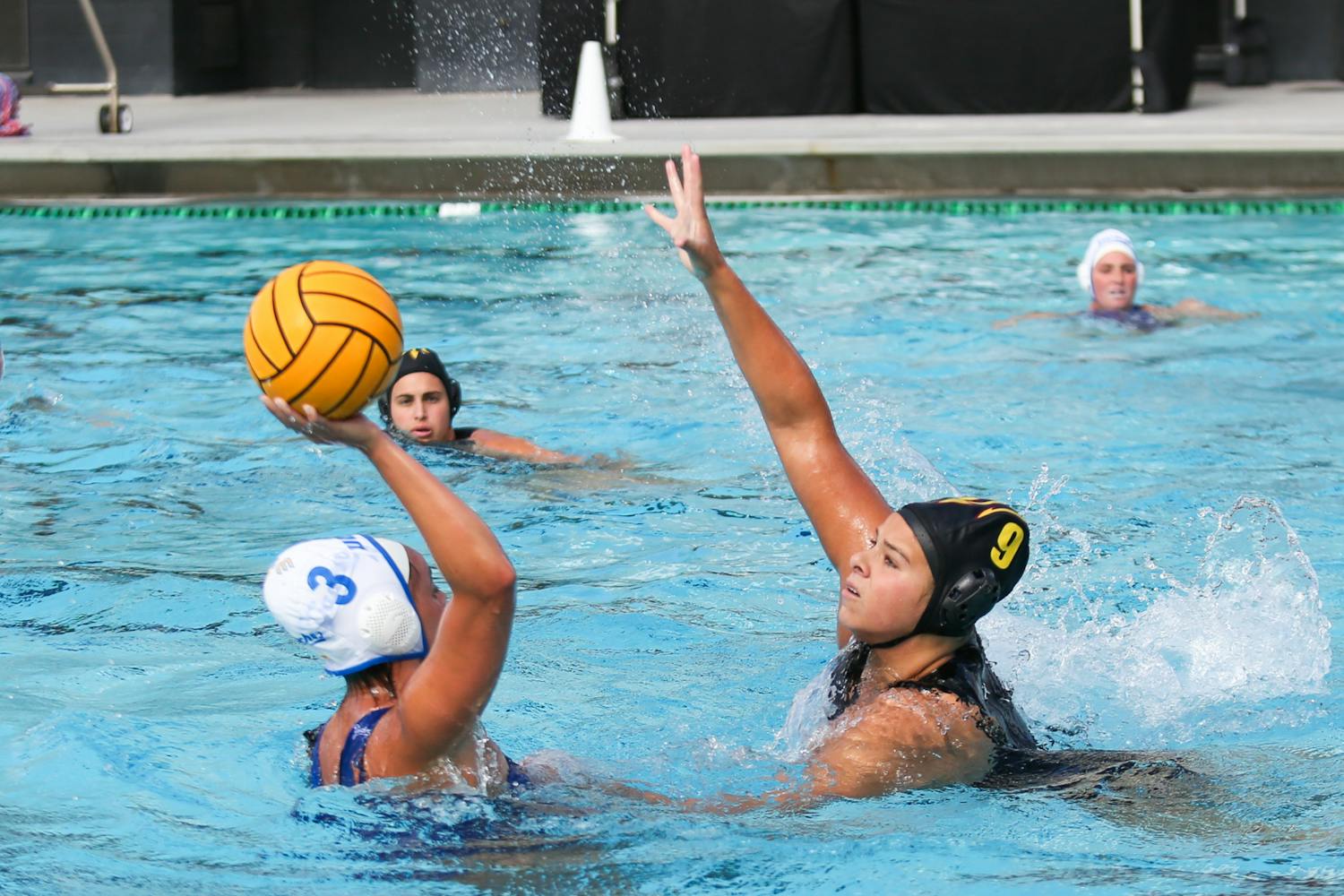The Arizona Board of Regents Academic Affairs Committee discussed challenges and benefits of the three public universities' various online programs Wednesday afternoon in the the Tempe campus Memorial Union.
The meeting welcomed provosts from UA, ASU and NAU, who presented strategic plans that reported growth or changes in business models for the three universities' technology-based programs and Massive Online Open Course development. MOOCs are nearly-free courses that can be taken online by anyone. They became popular in 2012 with the national rise of MOOC project development at universities such as Stanford and Princeton.
Philip Regier, executive vice provost and dean of ASU Online, said ASU's main goal in online program development is fostering student engagement through different content types.
He referred to the use of interactive or simulation-based tools used in science lab courses such as ASU Online's habitable worlds class. The course allows students to conduct hypothetical experiments online or participate in virtual field trips in which they can virtually explore locations they could not have otherwise visited, such as the beaches of Australia.
"In classes, we aren't just trying to convey a set of content to students. ... We're wanting students to learn how to learn," Regier said. "While many people view online learning as a degraded form ... it's not."
He said many online learning components have been hybridized to be incorporated in on-campus classes.
Regier said ASU Online is continuing to develop video components for online courses, which have included PowerPoint lectures with voiceovers in the past. He said online courses have incorporated brief videos with distinguished scholars, including evolutionary biologist Richard Dawkins, to add a "guest lecture" option for virtual classes.
"It's not as if a distinguished speaker comes to your class once," Regier said. "They can come session after session."
Approximately 1,000 faculty members received online training last year, and approximately 180,000 students are enrolled in an online course this year, he said.
Regier said ASU Online is looking into solutions for students in rural or more remote areas of Arizona who don't have access to high-speed broadband connections so they can benefit from the program.
"Staying in front of technologies is vitally important," he said.
The committee, comprised of Regents Rick Myers, LuAnn Leonard, Ram Krishna and Greg Patterson, also analyzed the three universities' progress toward enterprise research metric goals, which evaluate the research initiative impact of UA, NAU and ASU.
Research metric goals include the amount of money allocated to research expenditures, number of invention disclosures, number of U.S. patents issued, amount of intellectual property income, number of start-up companies created and amount of doctoral degrees achieved.
ASU Executive Vice President and University Provost Elizabeth Phillips presented the University's progress toward research goals and said ASU exceeded all metrics except for the number of doctoral degrees achieved, which the University met exactly.
Phillips said ASU did well in reaching its research goals because of startup accelerators like Arizona Furnace and entrepreneurial programs like ASU Venture Catalyst and the Edson Student Entrepreneur Initiative.
ASU also expanded its research with the May 2012 opening of Interdisciplinary Science and Technology Building 4, a 300,000-square-foot research facility including laboratory and office space.
She said ASU is actively recruiting out-of-state students more than ever in an effort to bring more people to Arizona schools and workplaces. "We aren't turning down out-of-state students who want to come here," Phillips said. "It's a very competitive environment." The board also approved a measure from ASU to increase the number of community college credits applicable to a bachelor's of liberal studies from 64 to 75 credits.
Phillips said the increase made sense because of the credit hour flexibility between community college courses and the liberal studies program.
Regent Leonard said the increase would be helpful to transfer students.
"I love this because it ... reduces student loan debt," Leonard said.
The Academic Affairs committee will hold its next meeting April 3 at UA.
Reach the reporter at dgrobmei@asu.edu or follow her on Twitter @danigrobmeier



